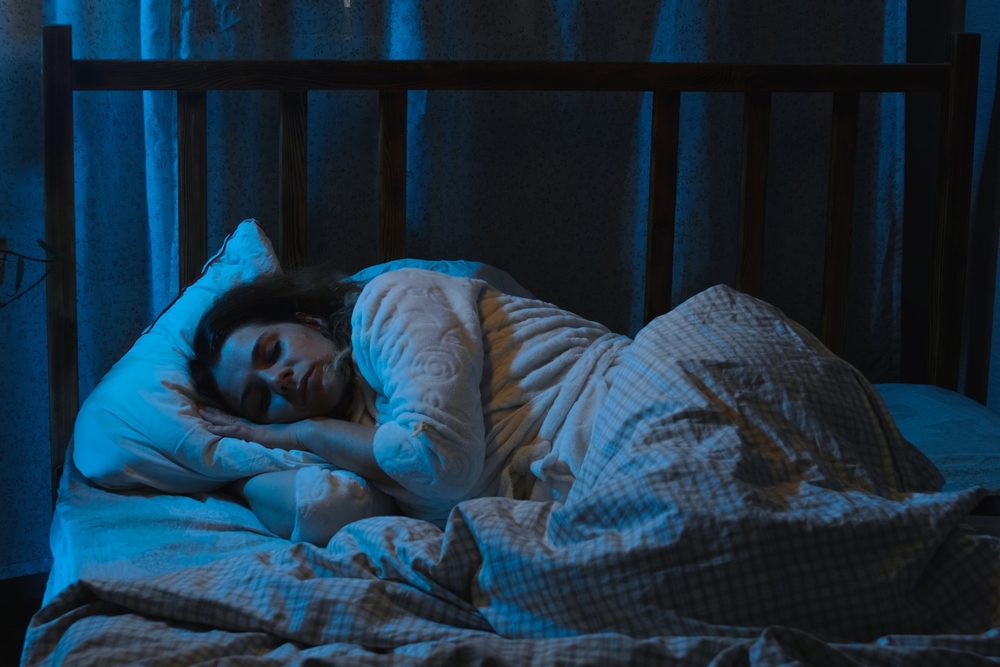When you’re always tired despite getting enough sleep, life can feel like an uphill battle. Hypersomnia is a sleep disorder that causes excessive daytime sleepiness, even after long hours of rest. It can disrupt work, relationships, and everyday activities.
In this blog, we’ll explore effective treatment options for hypersomnia. From simple lifestyle changes to advanced therapies, we’ll cover everything you need to know to regain control of your energy and focus.
What is Hypersomnia?
Hypersomnia is more than feeling tired now and then. It’s a condition that makes people feel sleepy all day, even after sleeping for a full night. This overwhelming sleepiness affects your ability to focus and enjoy daily activities.
Some common symptoms include difficulty waking up, taking long naps, and feeling confused or groggy throughout the day. Unlike insomnia, where people struggle to fall asleep, hypersomnia is about feeling sleepy no matter how much rest you get.
Moreover, hypersomnia can result from various causes, such as medical conditions, medication side effects, or lifestyle factors. Recognizing the symptoms early helps you explore treatment options faster. Understanding this disorder is the first step toward finding solutions. Let’s now look at how you can manage hypersomnia to suit your lifestyle and health needs.
Lifestyle Changes: Can Simple Adjustments Make a Difference?
Sometimes, small changes can improve how you feel each day. For hypersomnia, improving your sleep routine is a good place to start.
Why Sleep Hygiene Matters
Setting a consistent bedtime helps regulate your body’s internal clock. Additionally, limit screen time before bed to avoid disrupting your sleep cycle. Keep your bedroom dark, quiet, and cool to create a relaxing environment for rest.
Diet and Exercise for Better Sleep
What you eat and how you move during the day also matter. Avoid caffeine or heavy meals in the evening, as they can interfere with your sleep. Furthermore, regular exercise improves your energy levels and helps regulate sleep patterns.
Lastly, maintain a healthy lifestyle by staying hydrated and limiting alcohol consumption. These simple adjustments create a solid foundation for managing hypersomnia. By making these changes, you can create a healthier routine. However, some cases of hypersomnia may need more targeted treatments.
Medications: What Role Do They Play in Treating Hypersomnia?
When lifestyle changes are not enough, medications may help manage hypersomnia. Doctors often prescribe them to reduce excessive sleepiness and improve alertness.
Stimulants to Combat Excessive Sleepiness
Stimulants like modafinil and armodafinil are common options. These medications promote wakefulness and help you stay alert during the day. However, some people may experience side effects like headaches or nausea. It’s important to follow your doctor’s advice to find the right dosage.
Other Medications: Antidepressants and Wakefulness Agents
In some cases, antidepressants are prescribed. These help if hypersomnia is linked to mental health conditions like depression.
Moreover, medications can make a big difference in your daily life. They allow you to focus on your tasks and enjoy activities again. However, you must take them under medical supervision to avoid complications.
Lastly, medications work best when combined with other treatments, like behavioral therapies or lifestyle changes. Let’s explore how therapy can support hypersomnia management.
Behavioral Therapies: How Do They Help?
Behavioral therapies address the emotional and mental challenges that often come with hypersomnia. They teach you strategies to cope with symptoms and improve your daily routine.
Cognitive Behavioral Therapy (CBT)
CBT helps identify and change negative thoughts that might affect your sleep patterns. For example, removing unhealthy habits can help you create a better relationship with rest.
Light Therapy and Mindfulness
Light therapy is another option. It uses bright light exposure to regulate your body’s sleep-wake cycle. Similarly, mindfulness techniques, like meditation, can reduce stress and improve focus during the day.
These therapies give you practical tools to manage hypersomnia. They complement other treatments, like medications, for a well-rounded approach to care.
Furthermore, therapy sessions can be tailored to meet your unique needs. Let’s now look at some of the newest treatments for hypersomnia.
Innovative Treatments: What’s on the Horizon?
Medical research continues to bring hope for those with hypersomnia. Emerging treatments focus on addressing the root causes of excessive sleepiness.
Advanced Medical Devices
Devices like CPAP machines can treat conditions like sleep apnea that might contribute to hypersomnia. These devices improve breathing during sleep and increase energy levels.
Experimental Therapies
New medications and therapies are being tested to improve wakefulness and reduce fatigue. These innovations could lead to more effective treatments in the future.
Moreover, ongoing research provides new options for people without relief from traditional treatments. Always consult your healthcare provider to learn about these advancements and whether they might benefit you.
While it’s exciting to consider new options, knowing when to seek professional help is key.
When to Seek Help: Is It Time to Visit a Sleep Specialist?
If hypersomnia disrupts your daily life, it’s time to seek help. A sleep specialist can diagnose the condition and recommend a treatment plan.
During a consultation, the specialist may perform tests like a sleep study to better understand your symptoms. They can also guide you toward therapies and medications tailored to your needs.
Lastly, timely medical care helps prevent hypersomnia from worsening. Don’t wait too long to take action.
Read Also: What are the Causes and Risk Factors of Hypersomnia?
Conclusion: Finding the Right Solution for You
Hypersomnia can feel overwhelming, but effective treatments are available. From lifestyle changes to medications and therapies, there’s a solution for everyone.
Remember, finding the right treatment takes time and expert guidance. Ready to take control of your sleep health? Consult the Best Sleep Disorder Center in Texas to explore personalized care options today.





Comments